Electrical and Computer Engineering is that dynamic field that has two areas-one for which one can justifiably say that it is the most salient and impactful segment in defining technology today among all the other fields: VLSI Design (Very Large Scale Integration) and Embedded Systems, both in consumer electronics and autonomous systems, and of course, now with remarkable and even more innovative research opportunities. Novelties in VLSI and Embedded Systems could be a great satisfaction for the ECE researcher who wishes to stamp his or her presence. Here is what is into some of the areas of research that hold much promise in the technology shaping of tomorrow:
1. Low Power VLSI Design
With an ever-increasing requirement for battery-operated gadgets such as smartphones, wearables, and IoT devices, energy efficiency is the foremost consideration in VLSI design. Low power VLSI research deals with achieving trade-offs between power and performances. Possible areas of investigation include:
• Energy-efficient circuit design: Techniques to reduce dynamic power consumption, such as clock gating and power gating.
• Sub-threshold logic circuits: Operating the circuitry at voltages below the threshold voltage for reduction in power consumption.
• Multi-threshold CMOS: Implementation of different threshold voltages in a chip for the best performance and power trade-off.
This represents a vanguard approach in portable electronics, extending battery life and reducing environmental footprint.
2. Design for Fault Tolerance and Reliability in VLSI
With integrated circuits becoming more advanced, maintaining the reliability and fault tolerance of VLSI circuits is indispensable. Research addresses issues related to process variations, thermal variations, and radiation-caused faults that impair VLSI systems. Primary areas covered:
•Error correction codes (ECC): Proposing sophisticated methods for error corrections for maintaining the data integrity in memories and communications.
Self-healing circuits can sense faults and heal themselves without human intervention. A good design is characterized by redundancy, diversification, and fault tolerance so that VLSI chips may become more fault-tolerant. This is quite important in the designing of mission-critical applications such as aerospace systems and autonomous vehicles with reliability being the cornerstone. Vehicles, where reliability is of the essence.
3. AI-Driven VLSI Design Automation
Every bit of our lives is infiltrated by Artificial Intelligence (AI), and so is VLSI design automation. AI tools can automate the design and verification process, allowing the creation of chips to happen more quickly and efficiently.
Topics of research include:
•Machine learning for design optimization: Applying ML algorithms to optimize layout, routing, and power consumption in VLSI designs.
•AI-based design rule checking: Utilizing AI to mechanize design rule checking and error identification, minimizing human intervention and enhancing precision.
•Generative design: Implementing AI for voyaging into unconventional topological spaces in designs leading to novel VLSI architectures.
AI automation in VLSI design for next-generation devices possesses the potential to revolutionize the industry by greatly reducing development time and cost involved in manufacturing systems.
4. IoT-Embedded Systems
The Internet of Things is the rapidly changing technology, with embedded systems lying at the heart of IoT devices' functioning. The application area of IoT-embedded systems covers designing systems that are intelligent, energy-efficient, and secure. Some research areas include:
• Sensor Networks and Communication Protocols: With efficient data transport and sensor coordination in massive-scale IoT systems.
• Edge Computing: Performing computation nearest to the source of data (the edge) to reduce latency and bandwidth usage.
•IoT security: Creating secure communication protocols, encryption methods, and intrusion detection systems for IoT devices.
This study has great potential to enhance industries such as healthcare, agriculture, smart cities, and manufacturing by making systems more connected and smarter.
5. Real-Time Embedded Systems
Real-time embedded systems lie at the center of time-constrained applications like car control systems, medical instruments, and robotics. These applications require hard timing requirements with a focus on reliability and performance. Areas of research to be addressed are:
• Real-time operating systems (RTOS): Increasing the efficiency and scalability of RTOS for complex embedded systems.
• Real-time scheduling algorithms: Designing novel scheduling approaches to satisfy strict deadlines in heavily loaded systems.
• Deterministic embedded systems: Guarantees for ensuring embedded systems have predictable behavior when the operation varies.
Investigating this area is critical in making the system responsive at an optimal pace while safely dealing with mission-critical conditions in such fields as autonomous transportation or healthcare monitoring devices.
6. FPGA-Based Embedded Systems
FPGAs are a fine selection for embedded systems because of their flexibility and versatility. FPGA-based embedded system research discusses how to optimize performance with low power and small area. It includes:
• HLS: That is high-level synthesis-for automating, in general, FPGA hardware designs using high-level programming languages that make development of FPGA design easier and more efficient.
• Specialized hardware accelerators: Developing hardware specifically for applications to accelerate specific operations such as machine learning, image processing, cryptography, and the like.
• FPGA-Based IoT Systems: Infrastructures for implementing advanced, low-latency solutions using FPGAs, mainly for industries like industrial automation and home automation sectors.
Research done within FPGAs hybrizes hardware along with software giving an opportunity for ECE researchers to bring innovations on real-life problems.
7. System-on-Chip (SoC) Design for Embedded Systems
The SoC concept combines various elements (CPUs, memory, I/O, etc.) onto a single chip to cater to those embedded systems requiring an extremely intimate integration of the system components. SoC design research concentrates on enhancing performance, power savings, and functionality. Some key areas to pursue are:
• Heterogeneous SoC architectures: Merging varied types of cores (e.g., CPU, GPU, DSP) to align processing power to particular tasks.
• Network-on-Chip (NoC): Researching effective communication schemes in the SoC to minimize latency and power consumption.
• SoC security: Solving security vulnerabilities in SoC designs, especially in IoT applications where security is a priority.
SoC research creates avenues to create bespoke solutions for various industries ranging from mobile to automotive and industrial applications.
8. Quantum Computing and VLSI Design
Quantum computing is becoming a possible game-changer in the realm of computing, and how it can be paired with VLSI design is full of promise. Research areas encompass:
• Quantum circuit design: Investigating the design of circuits capable of utilizing quantum bits (qubits) for computational power.
• Quantum error correction: Overcoming the specific problems brought about by quantum computing errors, ensuring stable operations.
• Hybrid classical-quantum systems: Building systems that combine quantum computing with conventional VLSI design for maximum performance.
Quantum computing is in its early stages, but research in this field is leading the way towards the future of computational technology.
Conclusion
VLSI design and embedded systems provide broad and alive scopes of opportunity for new innovations. The advancements in technology will keep on growing demand on effective, efficient and high-performance development systems. Choosing the right research topics in both areas could pave way for tomorrow's paradigm-changing innovations that will revolutionize industries and shape technological achievement for many decades to come for an ECE researcher.
Students can shape the future of technology by addressing the current topics such as low-power design, artificial intelligence based automation, IoT systems, or real-time embedded solutions; all topics that make possible building systems that are smarter, faster, and more energy efficient.
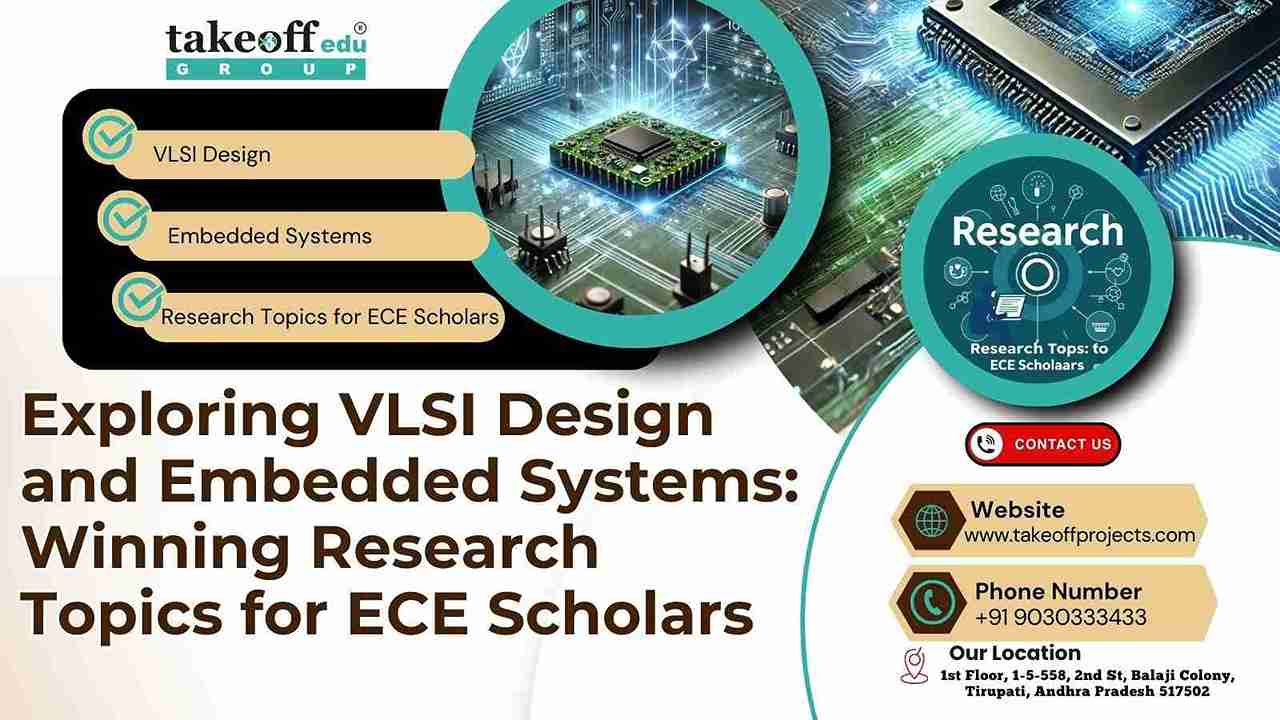
 PhD in Electrical Engineering: Research & Writing Support
PhD in Electrical Engineering: Research & Writing Support  Which are the Best PhD Assistance and Dissertation Writing Services in India?
Which are the Best PhD Assistance and Dissertation Writing Services in India?  How to Choose a PhD Research Domain: EEE, ECE, or CSE?
How to Choose a PhD Research Domain: EEE, ECE, or CSE? 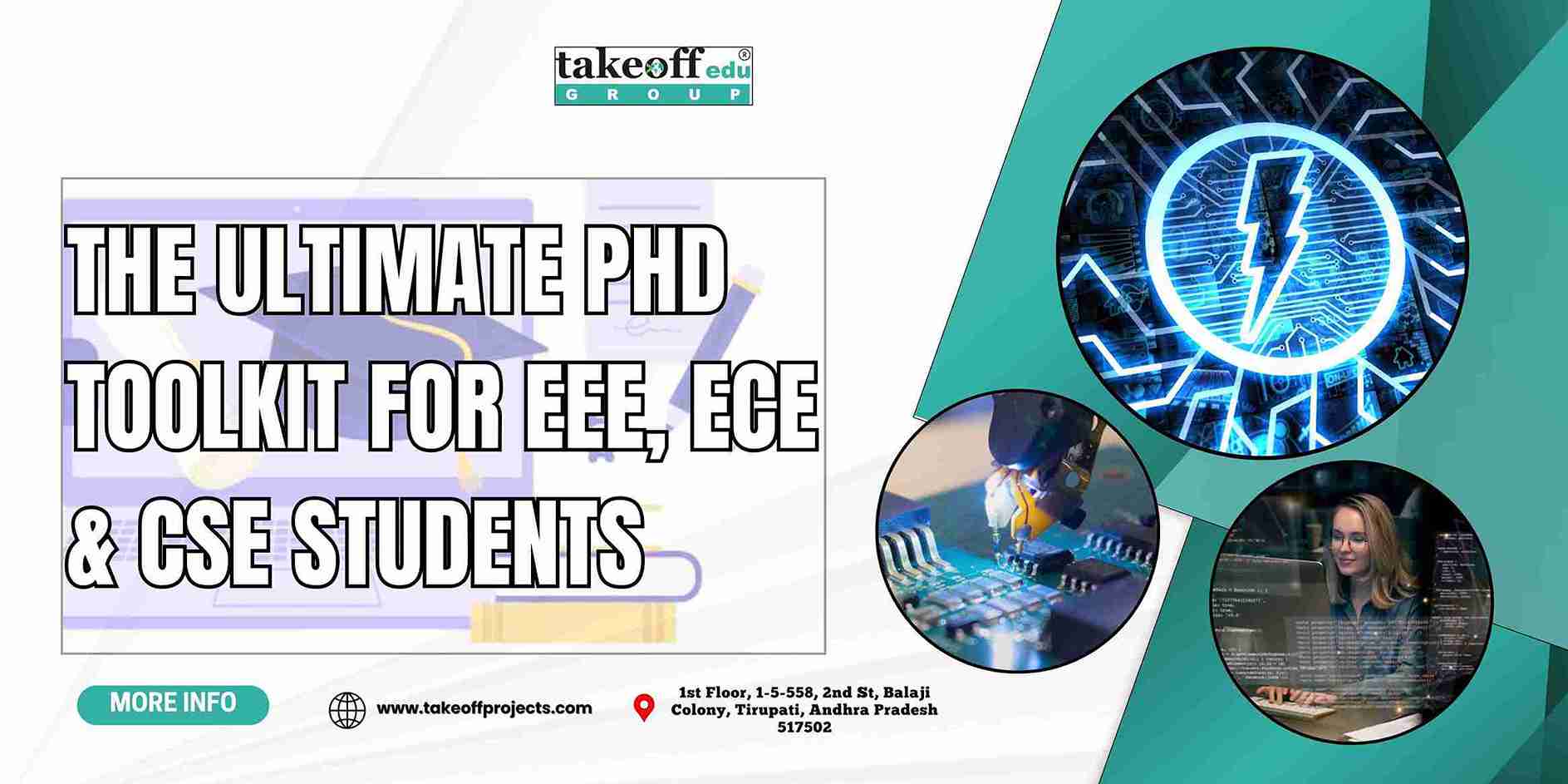 The Ultimate PhD Toolkit for EEE, ECE and CSE Students
The Ultimate PhD Toolkit for EEE, ECE and CSE Students  Publication Success in EEE, ECE, and CSE: Expert Tips for Engineering Scholars
Publication Success in EEE, ECE, and CSE: Expert Tips for Engineering Scholars 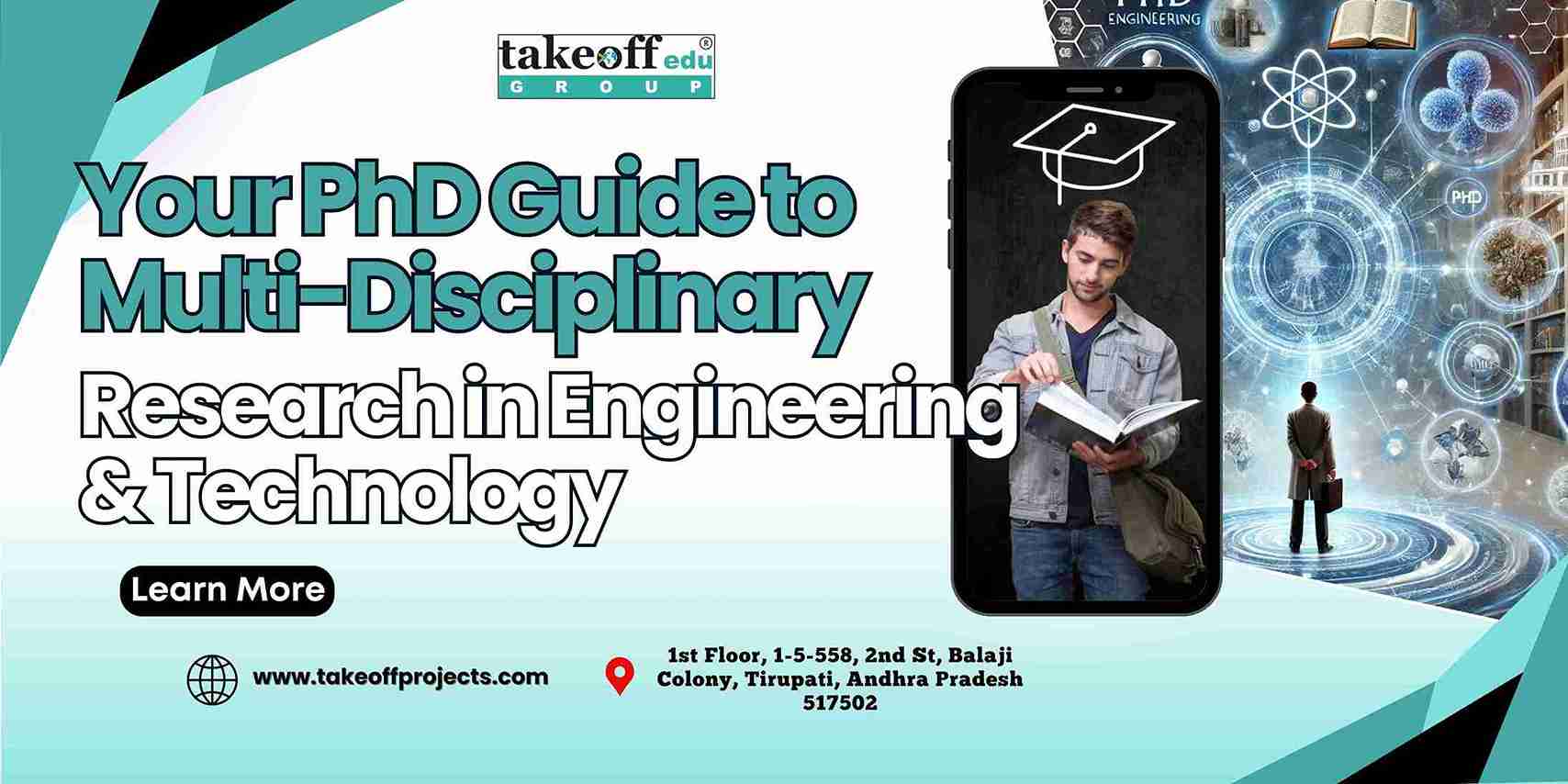 Your PhD Guide to Multi-Disciplinary Research in Engineering and Technology
Your PhD Guide to Multi-Disciplinary Research in Engineering and Technology  Top PhD Topics across EEE, ECE, and CSE: Bridging Innovation and Impact
Top PhD Topics across EEE, ECE, and CSE: Bridging Innovation and Impact 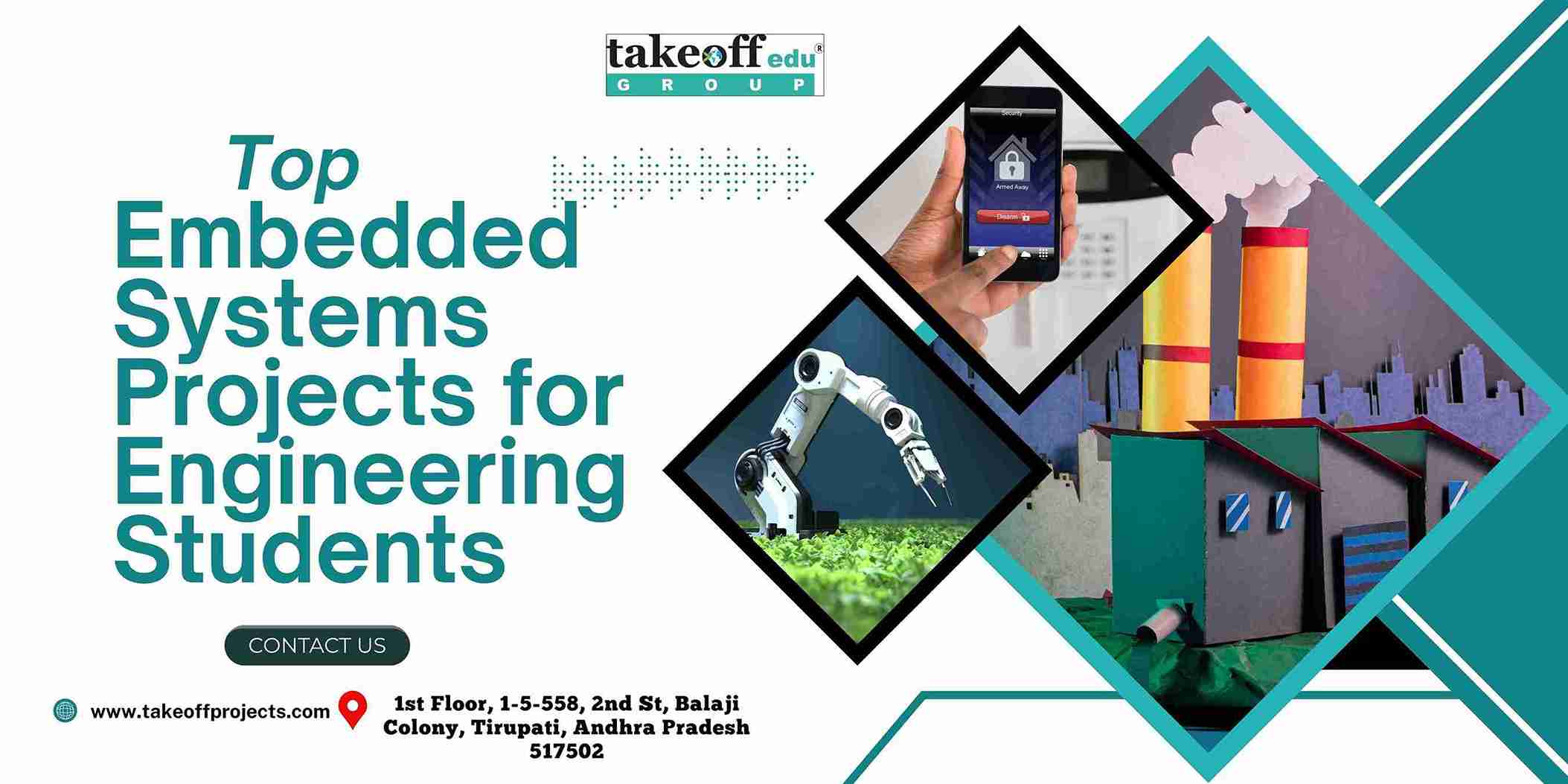 Top Embedded Systems Projects for Engineering Students
Top Embedded Systems Projects for Engineering Students  Crafting the Future of Tech: PhD Research Trends in Software Engineering
Crafting the Future of Tech: PhD Research Trends in Software Engineering 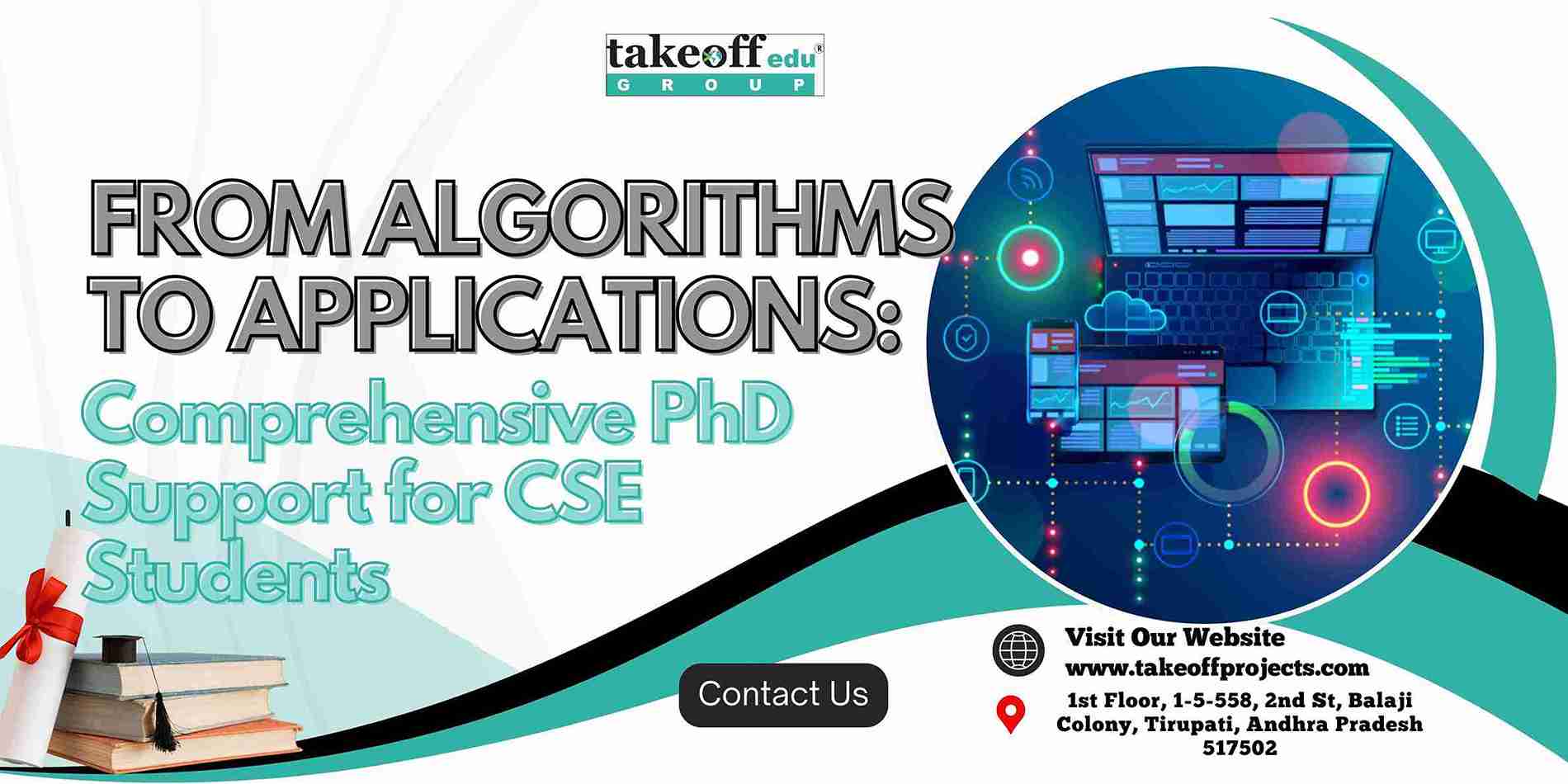 From Algorithms to Applications: Comprehensive PhD Support for CSE Students
From Algorithms to Applications: Comprehensive PhD Support for CSE Students  Cybersecurity and Blockchain: Pioneering Research Areas for PhD Scholars
Cybersecurity and Blockchain: Pioneering Research Areas for PhD Scholars  The Art of Writing High-Impact Research Papers in CSE Domains
The Art of Writing High-Impact Research Papers in CSE Domains 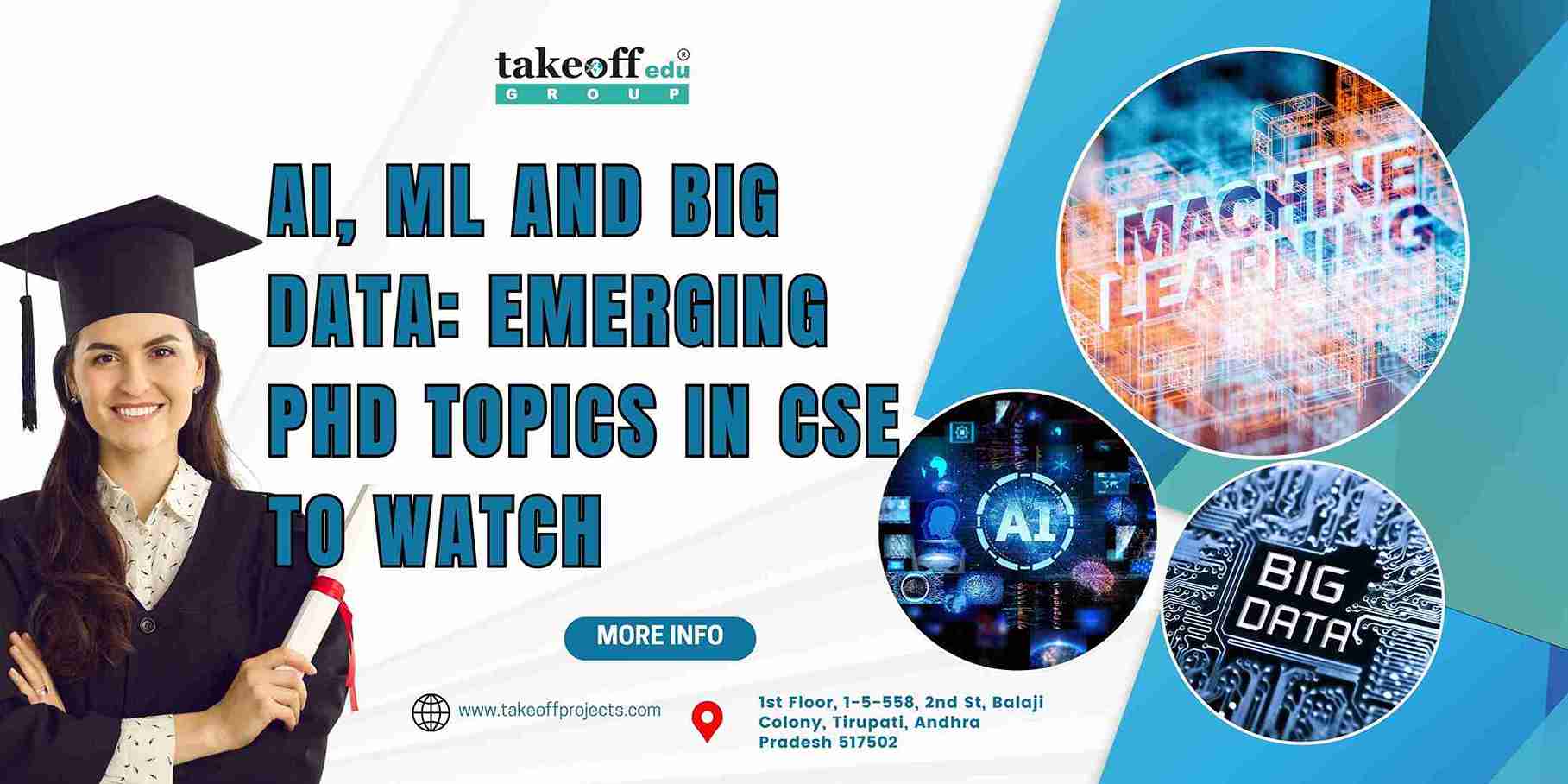 AI, ML, and Big Data: Emerging PhD Topics in CSE to Watch
AI, ML, and Big Data: Emerging PhD Topics in CSE to Watch  Top Research Trends in Electrical Drives for Aspiring PhD Scholars
Top Research Trends in Electrical Drives for Aspiring PhD Scholars 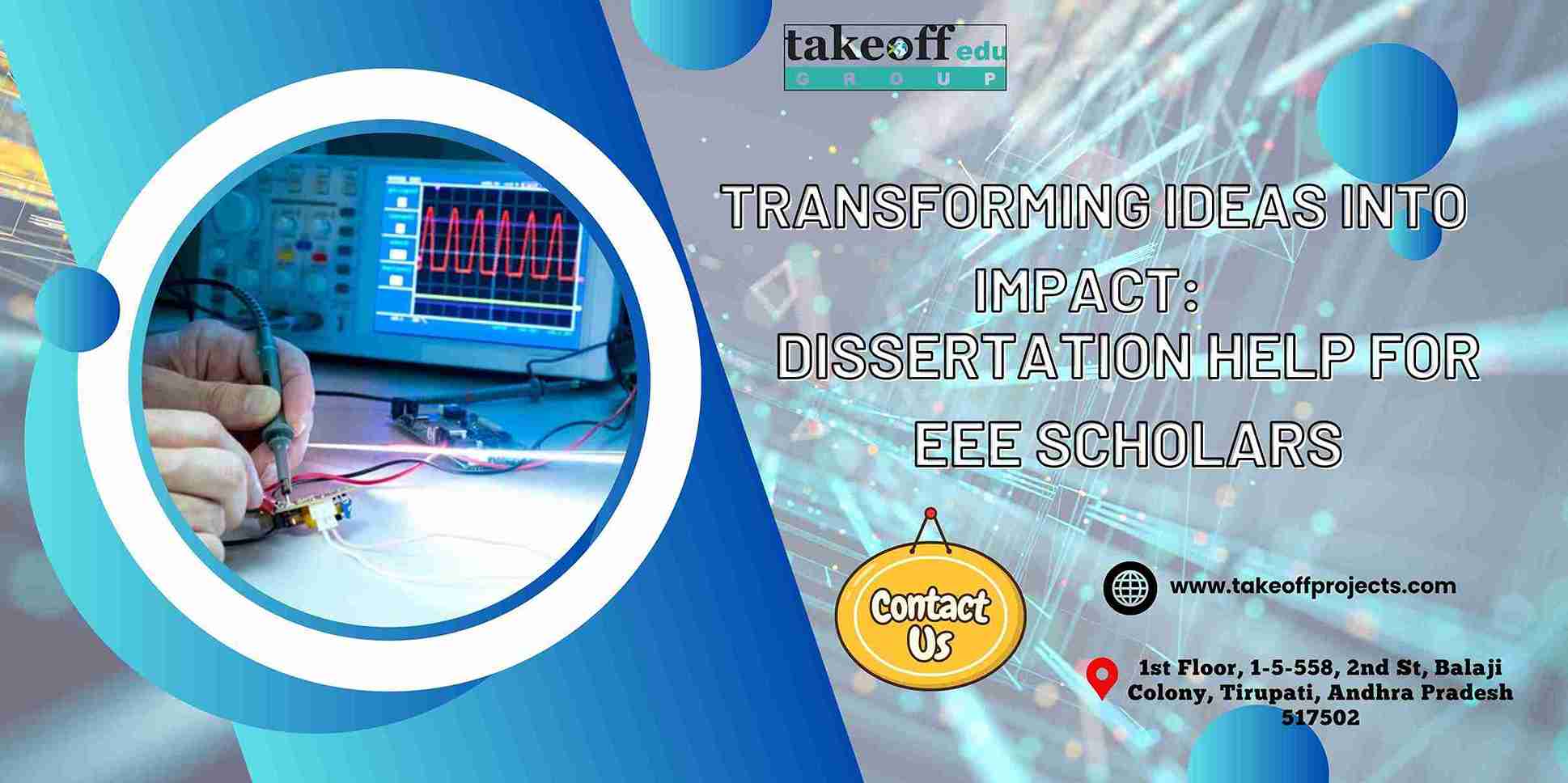 Transforming Ideas into Impact: Dissertation Help for EEE Scholars
Transforming Ideas into Impact: Dissertation Help for EEE Scholars 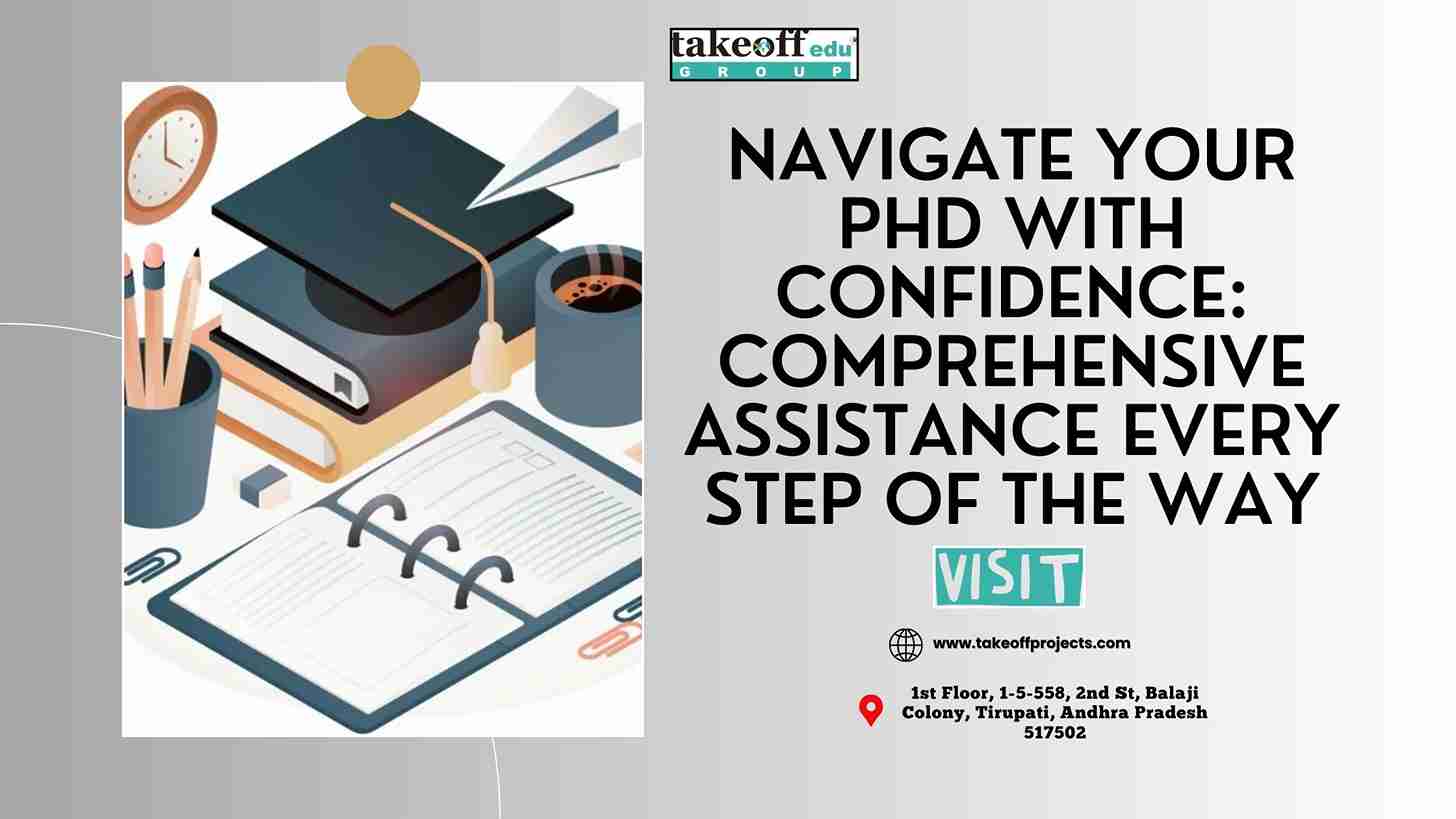 Navigate Your PhD with Confidence: Comprehensive Assistance Every Step of the Way
Navigate Your PhD with Confidence: Comprehensive Assistance Every Step of the Way  ECE Dissertation Success: Expert Tips for Writing and Publishing your Academic Success
ECE Dissertation Success: Expert Tips for Writing and Publishing your Academic Success 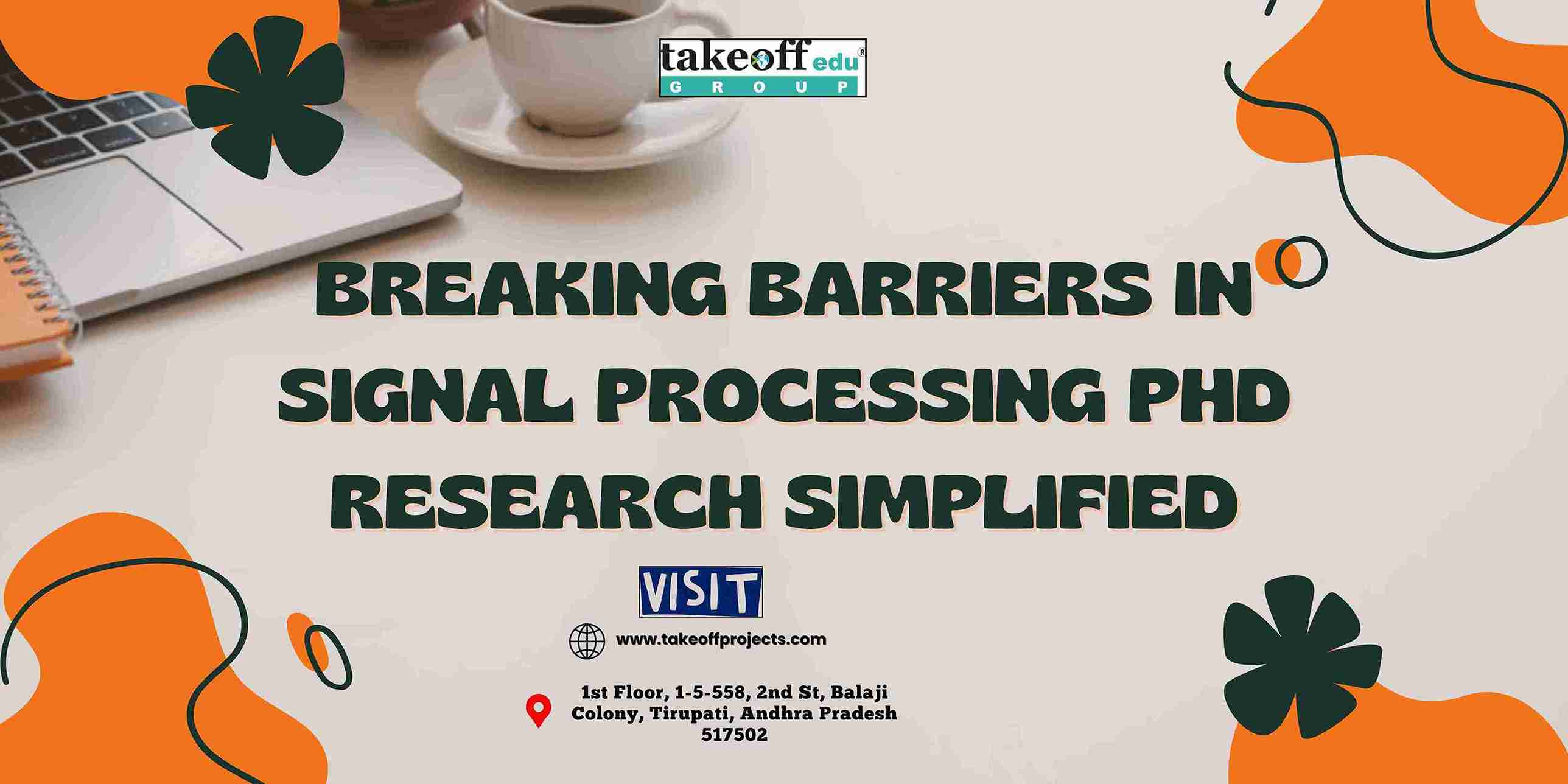 Breaking Barriers in Signal Processing: PhD Research Simplified
Breaking Barriers in Signal Processing: PhD Research Simplified  Building the Next-Gen Tech: A Guide to ECE Research and Publication
Building the Next-Gen Tech: A Guide to ECE Research and Publication 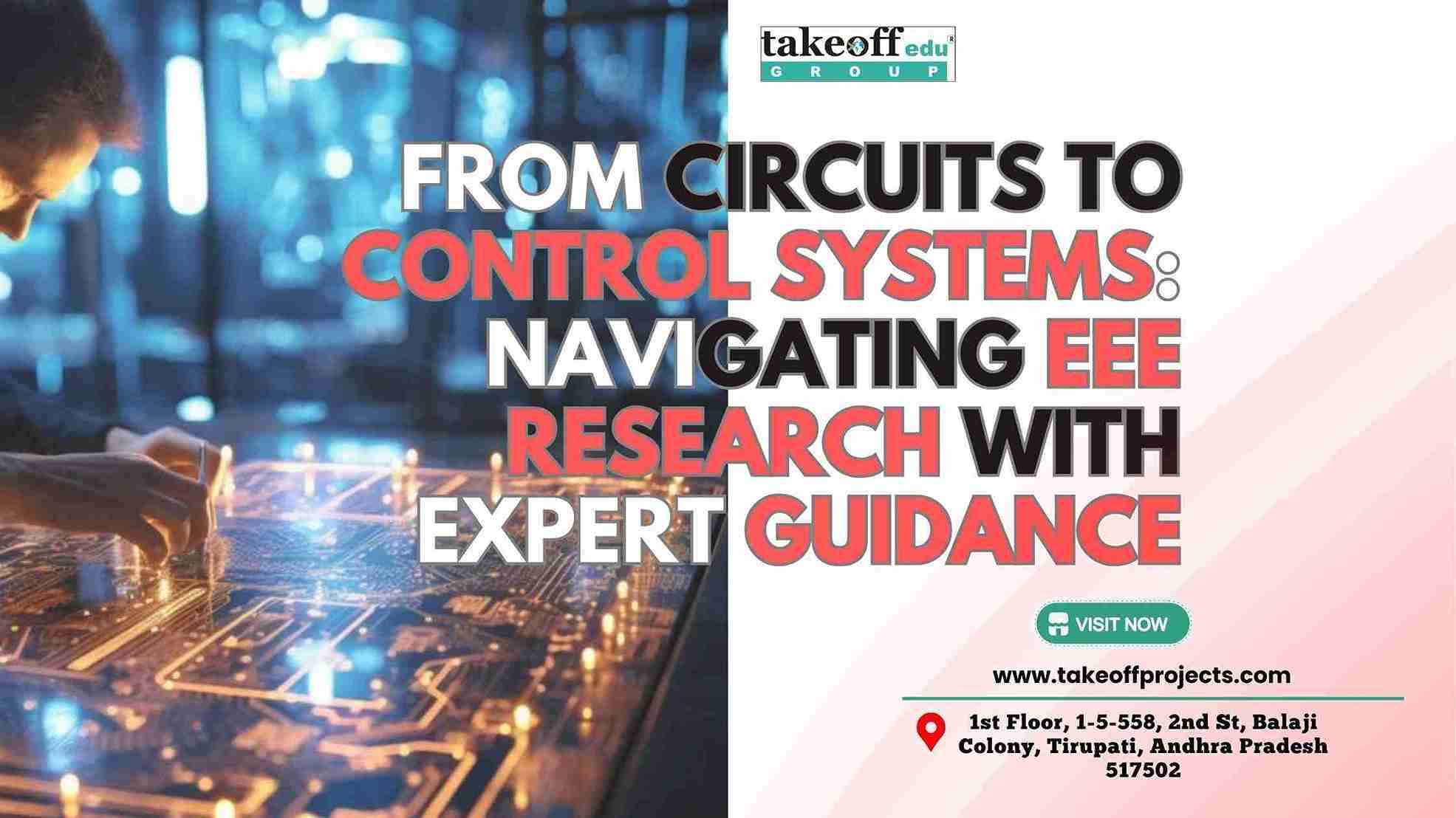 From Circuits to Control Systems: Navigating EEE Research with Expert Guidance
From Circuits to Control Systems: Navigating EEE Research with Expert Guidance  From Data to Discovery: Quantitative Analysis That Drives Results
From Data to Discovery: Quantitative Analysis That Drives Results 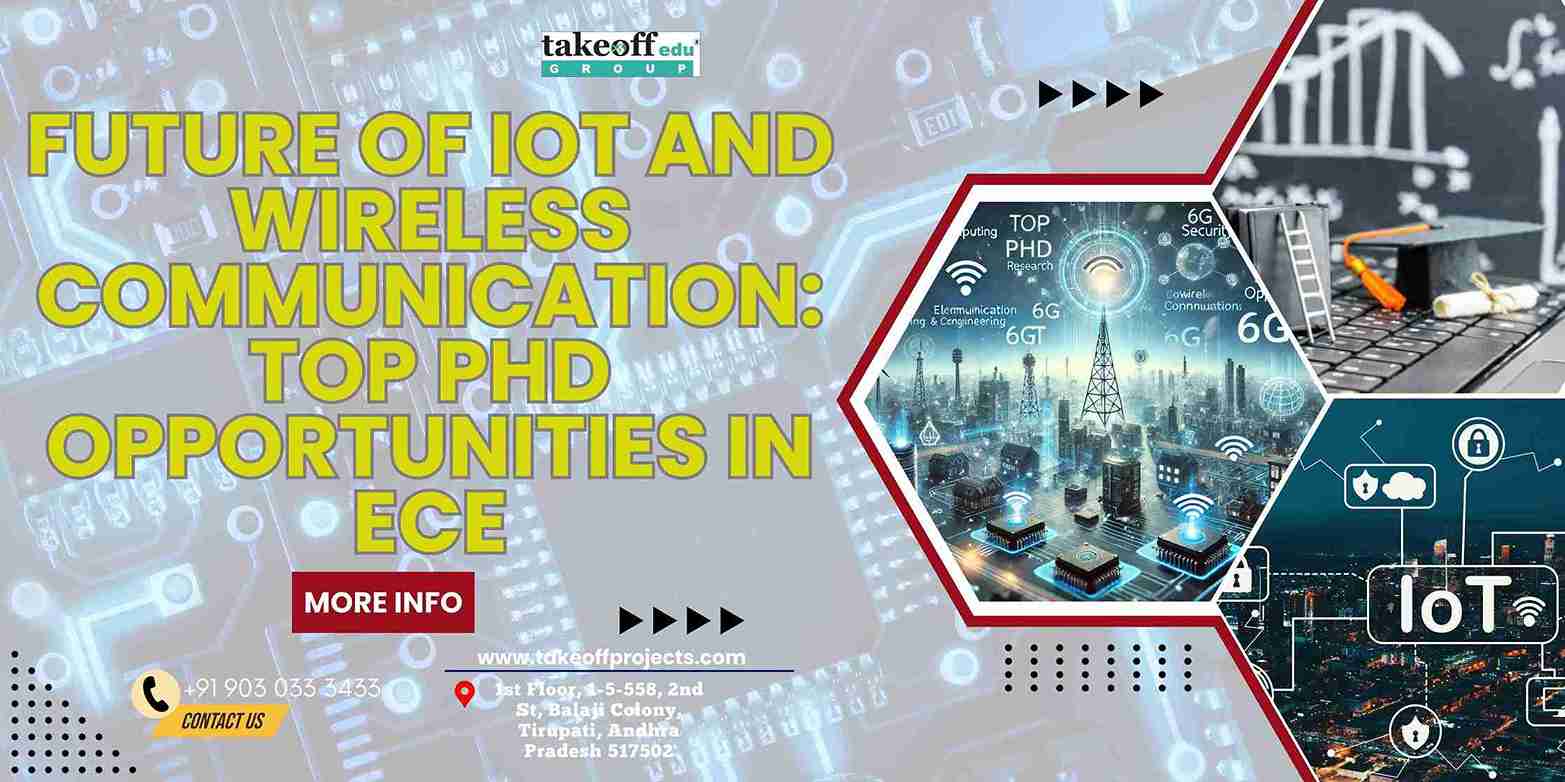 Future of IoT and Wireless Communication: Top PhD Opportunities in ECE
Future of IoT and Wireless Communication: Top PhD Opportunities in ECE  Top PhD Topics Energy Management in Power Electronics
Top PhD Topics Energy Management in Power Electronics  Expert-Approved Techniques for Crafting a Winning PhD Synopsis
Expert-Approved Techniques for Crafting a Winning PhD Synopsis  Writing with Purpose: How to Create Engaging Seminar Papers That Stand Out
Writing with Purpose: How to Create Engaging Seminar Papers That Stand Out  Unlocking Publication Success: Your Guide to High-Impact Journal Articles
Unlocking Publication Success: Your Guide to High-Impact Journal Articles 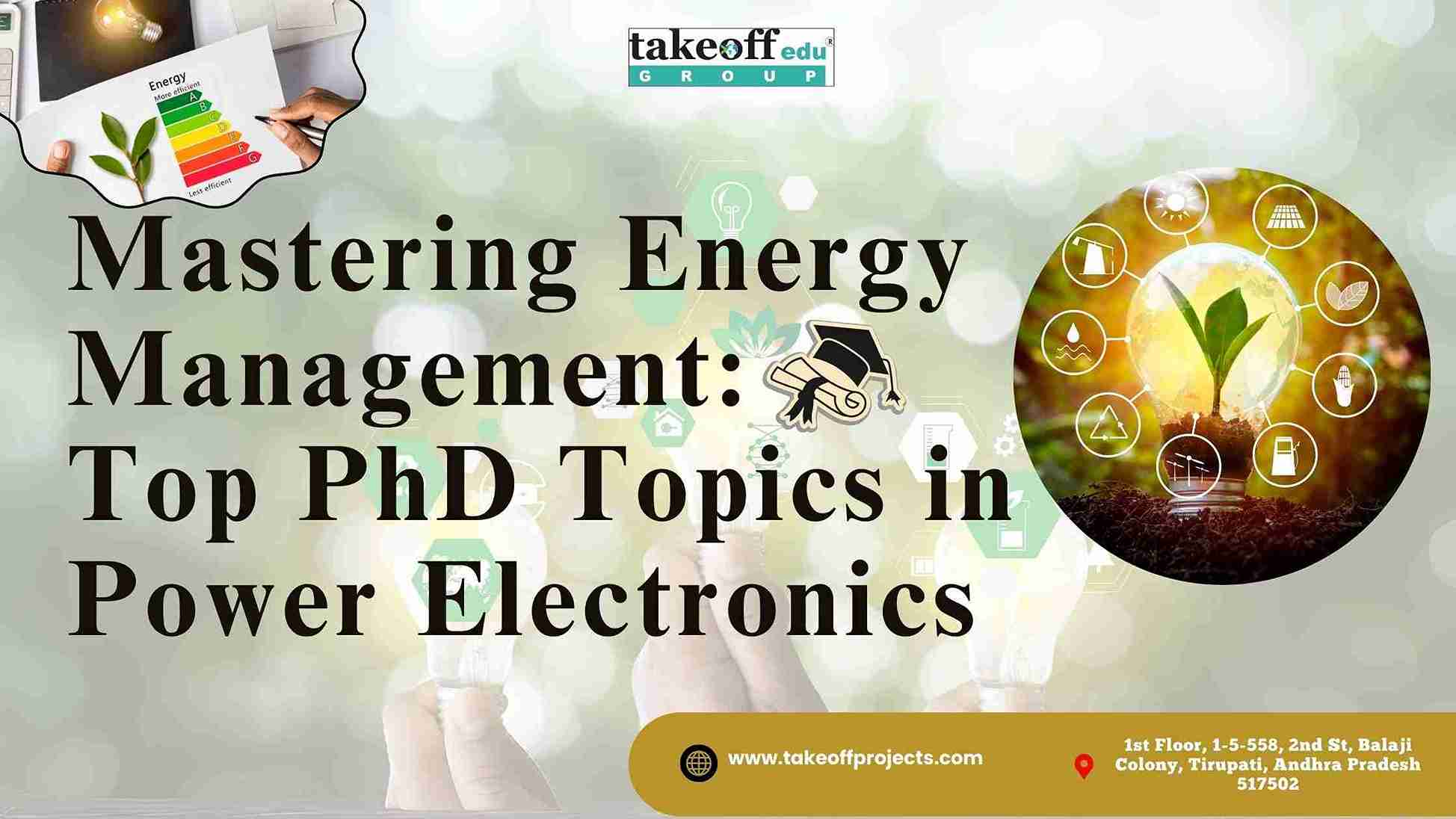 Mastering Energy Management: Top PhD Topics in Power Electronics
Mastering Energy Management: Top PhD Topics in Power Electronics  PhD Topic Selection Simplified: Choosing What Matters Most to You
PhD Topic Selection Simplified: Choosing What Matters Most to You 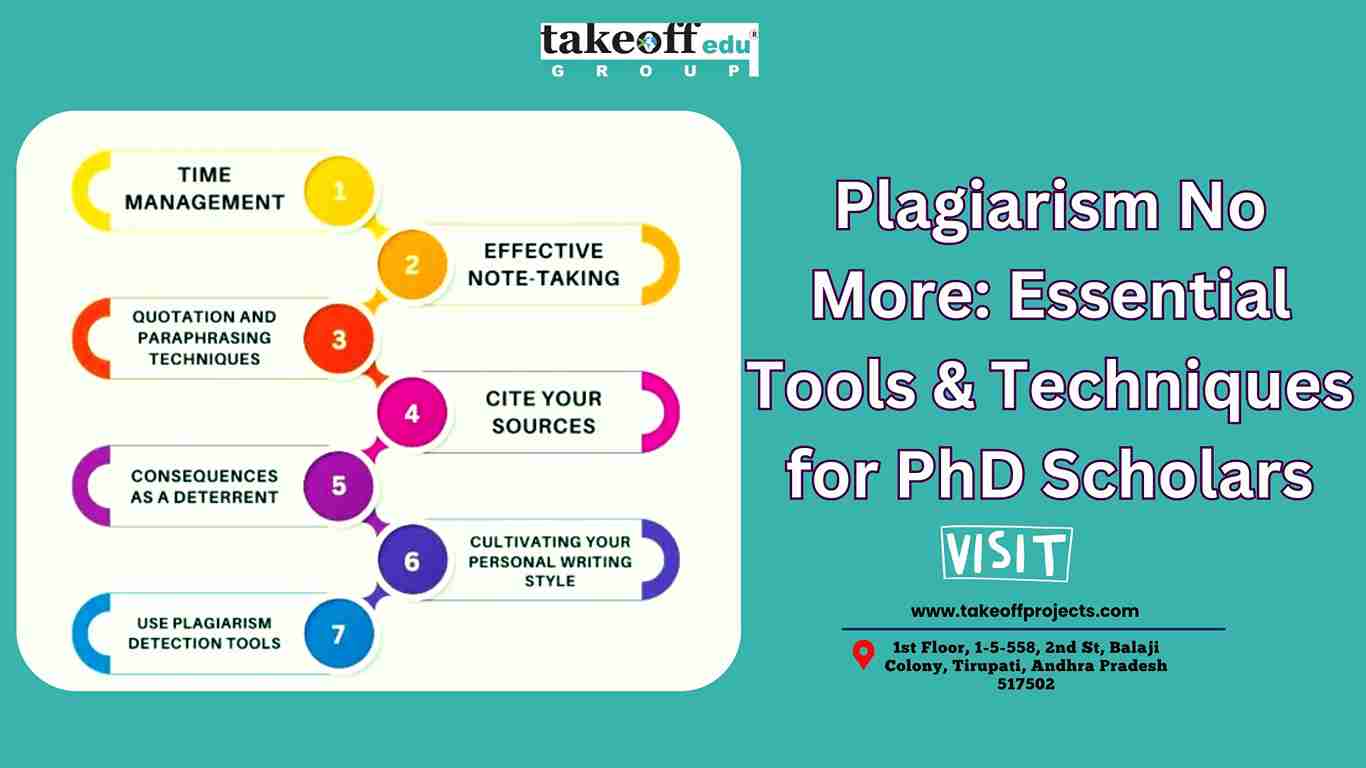 Plagiarism No More: Essential Tools and Techniques for PhD Scholars
Plagiarism No More: Essential Tools and Techniques for PhD Scholars 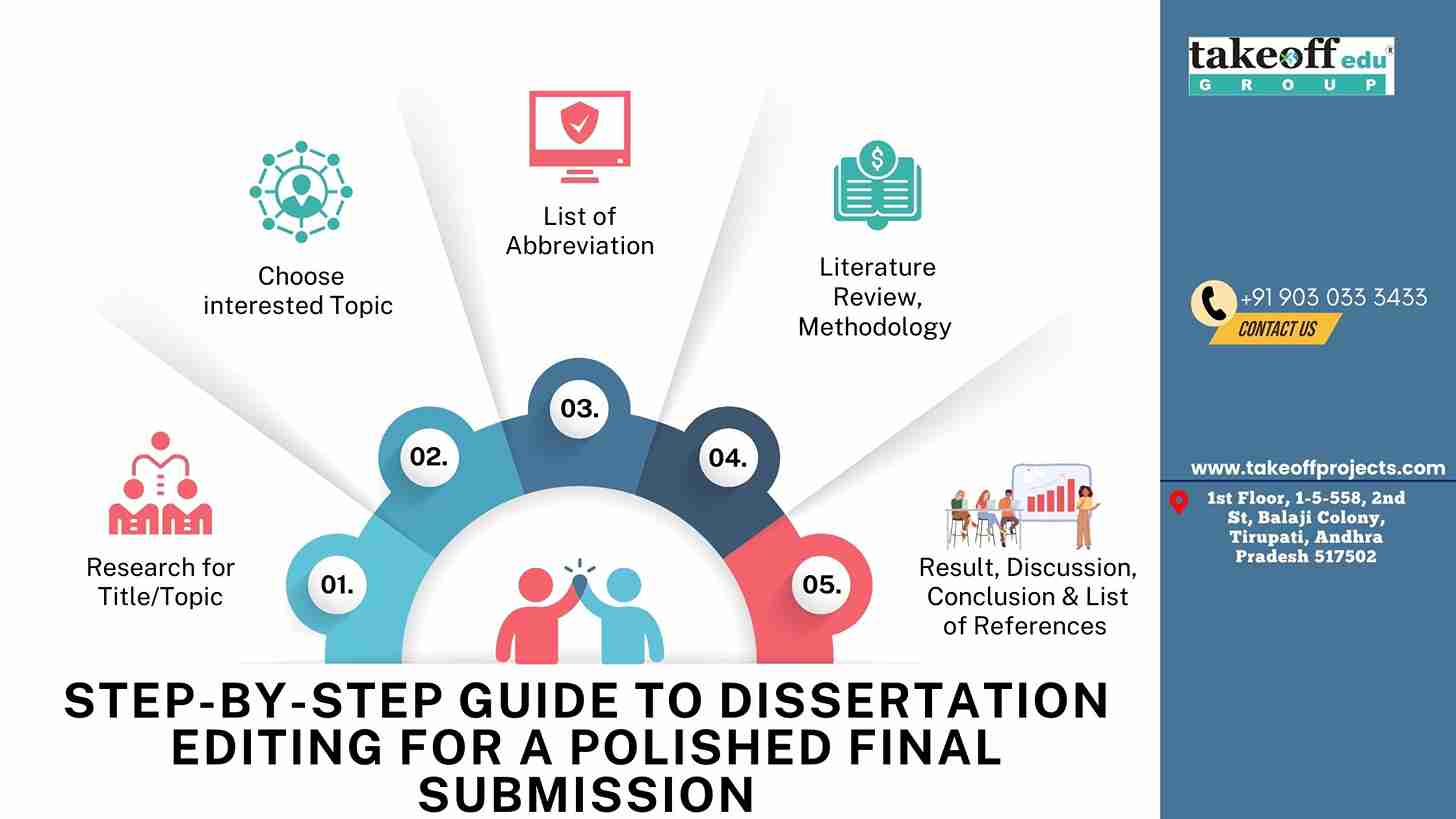 Step-by-Step Guide to Dissertation Editing for a Polished Final Submission
Step-by-Step Guide to Dissertation Editing for a Polished Final Submission  Why Literature Review Is the Backbone of Your PhD Research?
Why Literature Review Is the Backbone of Your PhD Research?  Accelerate Your Research: Software Implementation Made Easy for PhD Students
Accelerate Your Research: Software Implementation Made Easy for PhD Students  Stress-Free PhD Viva Voce Preparation: Expert Tips to Impress Examiners
Stress-Free PhD Viva Voce Preparation: Expert Tips to Impress Examiners  Transforming Data into Insights: Qualitative and Quantitative Analysis Explained
Transforming Data into Insights: Qualitative and Quantitative Analysis Explained 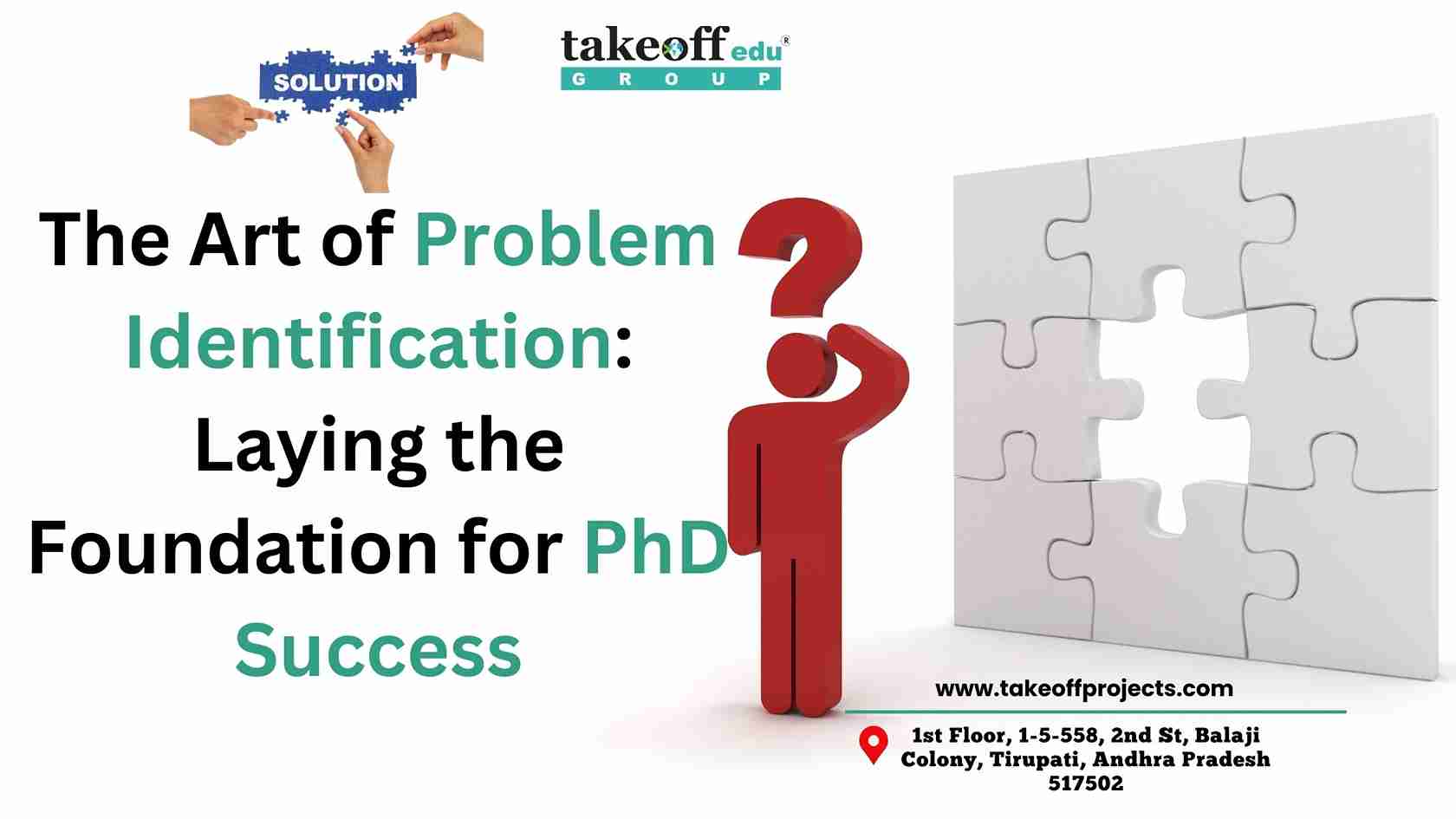 The Art of Problem Identification: Laying the Foundation for PhD Success
The Art of Problem Identification: Laying the Foundation for PhD Success  Say Goodbye to Plagiarism Worries: A Guide to Flawless Dissertation Writing
Say Goodbye to Plagiarism Worries: A Guide to Flawless Dissertation Writing  From Idea to Impact: Crafting High-Quality Conference and Seminar Papers
From Idea to Impact: Crafting High-Quality Conference and Seminar Papers  Crack the Code of Successful Publications: Comprehensive PhD Support
Crack the Code of Successful Publications: Comprehensive PhD Support  Top Strategies for Writing a Journal Ready Manuscript with Zero Plagiarism
Top Strategies for Writing a Journal Ready Manuscript with Zero Plagiarism  How to Nail Your PhD Research Proposal: Tips from the Pros
How to Nail Your PhD Research Proposal: Tips from the Pros  Understanding the Basics of Power Systems: A Comprehensive Guide
Understanding the Basics of Power Systems: A Comprehensive Guide  Turn Research Challenges into Opportunities: Expert PhD Consultation Services
Turn Research Challenges into Opportunities: Expert PhD Consultation Services 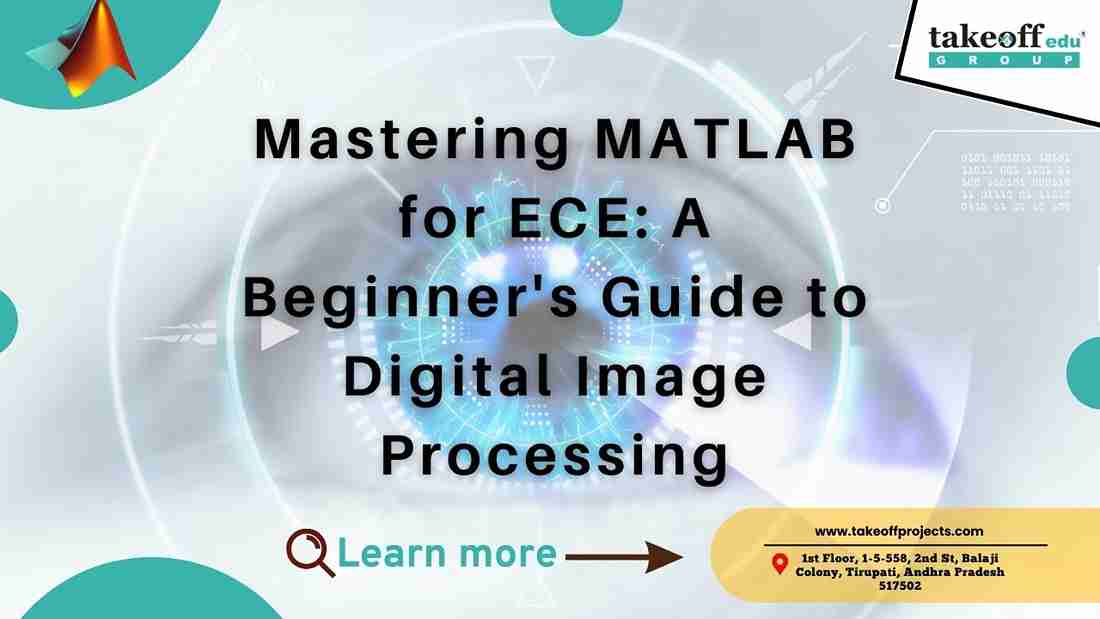 Mastering MATLAB for ECE: A Beginner's Guide to Digital Image Processing
Mastering MATLAB for ECE: A Beginner's Guide to Digital Image Processing  Mastering Your PhD Journey: From Topic Selection to Dissertation Success
Mastering Your PhD Journey: From Topic Selection to Dissertation Success  Assignment Writing Service
Assignment Writing Service  PhD Research Assistance
PhD Research Assistance  PhD Thesis Writing Services
PhD Thesis Writing Services  Masters Dissertation Writing
Masters Dissertation Writing  Journal Paper Writing
Journal Paper Writing  Research Paper Writing Services
Research Paper Writing Services 
 Paper Publishing
Paper Publishing


